Nuclear Dawn mural, Brixton
[In 1981, 2017 and 2023]
Nuclear Dawn is the title of a foreboding mural on the wall of a Victorian-era building in Brixton, South London. Painted in 1981, the artwork provides a visceral representation of a time of escalating international tensions, when a nuclear strike felt a real possibility.
[Original mural in 1981. Courtesy of London Mural Preservation Society]
The mural was painted by Brian Barnes with the help of Dale McCrea and twenty other residents of the Carlton Mansions; at the time, a thriving co-operative housing community. It was funded by the Arts Council, the Gulbenkian Foundation, the Greater London Arts Association, and a £2,000 grant from Lambeth Council's Inner City Partnership Fund.
Measuring 25 sq. m, the artwork depicts a huge Grim Reaper-esque skeleton standing over London as a nuclear mushroom cloud erupts behind. The skeleton is adorned with the flags of nuclear weapon nations. One hand drops bombs over Brixton, where a miniature version of the mural can be seen.
Over the figure’s shoulder flies a white dove merging into the Campaign for Nuclear Disarmament (CND) logo. Below the figure, in bunkers beneath the Houses of Parliament, are a handful of world leaders including then-Prime Minister Margaret Thatcher, then-US President Ronald Reagan, and Prince Charles.
Over the years, natural deterioration – through weather and the encroachment of ivy – and the increasing amount of graffiti, has left the mural in a state from which it may not be recoverable. A substantial piece of vandalism committed in March 2017, left the work almost completely obscured the London landscape in the bottom half of the mural.
[Mural in 2017.]
The London Mural Preservation Society (LMPS) had been monitoring the condition of the mural over the years and expressed their alarm over its future, particularly since Carlton Mansions was earmarked for a major redevelopment in 2014, following the eviction of the building's residents.
Once a troubled area of London, gentrification transformed Brixton into a hipster destination to rival Shoreditch or Camden. Hidden behind trees on one side of Coldharbour Lane from the thriving Brixton Village indoor market, few noticed the landmark that was languishing in a worsening state of deterioration and vandalism. Indeed, locals became increasingly anxious that a proposed redevelopment of the derelict building could spell the end for one of London’s most striking murals.
The redevelopment scheme included the neighbouring Somerleyton Road and would see the relocation of Ovalhouse - a fully-accessible, fit for purpose, and sustainable modern theatre. The wider project will comprise nearly 300 new homes, community and health facilities, a shop, social enterprise and training opportunities for young people.
[Proposed redevelopment. Image © Ovalhouse]
Although the proposed plans for the new theatre include the restoration of the mural, the LMPS and others have expressed their fears that those behind the development will not hesitate to have it permanently removed should the opportunity arise.
The editor of local newspaper Brixton Buzz told Designing Buildings; "Gentrification has already seen Brixton lose much of its unique character so it's important that this mural is preserved. There's talk of getting the artwork restored through crowdfunding but there seems little point until the building's future is secured."
In response to an enquiry from Designing Buildings regarding the project's intentions for the mural, Deborah Bestwick, Director, OvalHouse said; "The theatre has been designed to leave a public space in front of the mural, and that the protection and preservation of the mural is within the brief that has been put out by Lambeth to procure the contractor to build the theatre and refurbish Carlton Mansions. Once the contractor is known we will talk to them about how to move forwards."
Without any assurance in writing, LMPS organised a petition to demonstrate the support for the mural's restoration as a local landmark and powerful piece of community and political history. As of July 2017, the petition attracted over 1,300 signatures.
On June 7, 2021 Mike Urban reported that newspaper 'Brixton Buzz is delighted to see the fully restored Nuclear Dawn mural in Coldharbour Lane being finally revealed. And it does look magnificent!...The restoration work has been done by local artist Morganico with Paul Butler and Linda James, and Brian Barnes has been a regular visitor throughout the restoration work. The four-storey Victorian building had been run by the Carlton Mansions Housing Co-operative since the 1970s, until Lambeth evicted the tenants in 2014. The new Brixton House theatre has been built next to Carlton Mansions, but this unfortunately blocks off the view of the mural along Coldharbour Lane.'
[edit] Related articles on Designing Buildings
- 25 best buildings in London.
- Conservation.
- Finishes.
- Fresco
- From writers to artists, graffiti and the built environment..
- Large-scale murals.
- Listed buildings.
- Monument and context.
- Owen Hatherley - Landscapes of Communism.
- Restoration.
- Trompe l’oeil.
IHBC NewsBlog
Latest IHBC Issue of Context features Roofing
Articles range from slate to pitched roofs, and carbon impact to solar generation to roofscapes.
Three reasons not to demolish Edinburgh’s Argyle House
Should 'Edinburgh's ugliest building' be saved?
IHBC’s 2025 Parliamentary Briefing...from Crafts in Crisis to Rubbish Retrofit
IHBC launches research-led ‘5 Commitments to Help Heritage Skills in Conservation’
How RDSAP 10.2 impacts EPC assessments in traditional buildings
Energy performance certificates (EPCs) tell us how energy efficient our buildings are, but the way these certificates are generated has changed.
700-year-old church tower suspended 45ft
The London church is part of a 'never seen before feat of engineering'.
The historic Old War Office (OWO) has undergone a remarkable transformation
The Grade II* listed neo-Baroque landmark in central London is an example of adaptive reuse in architecture, where heritage meets modern sophistication.
West Midlands Heritage Careers Fair 2025
Join the West Midlands Historic Buildings Trust on 13 October 2025, from 10.00am.
Former carpark and shopping centre to be transformed into new homes
Transformation to be a UK first.
Canada is losing its churches…
Can communities afford to let that happen?
131 derelict buildings recorded in Dublin city
It has increased 80% in the past four years.





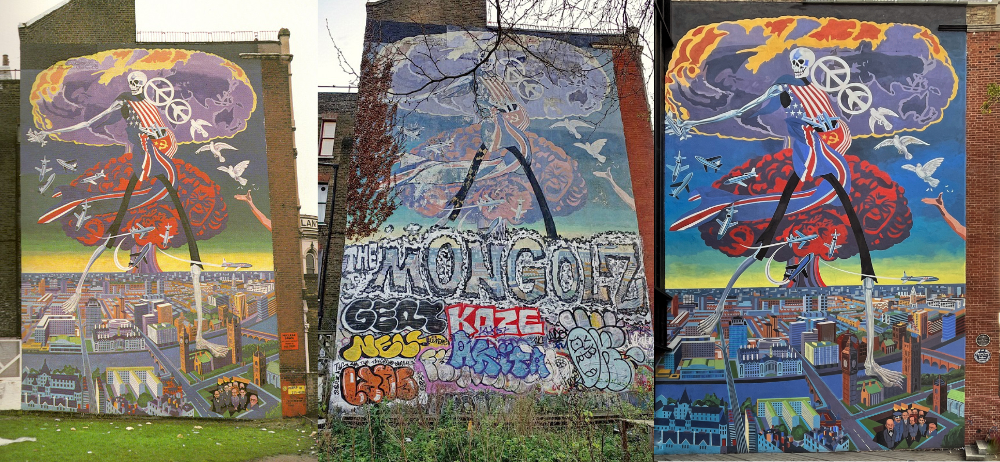
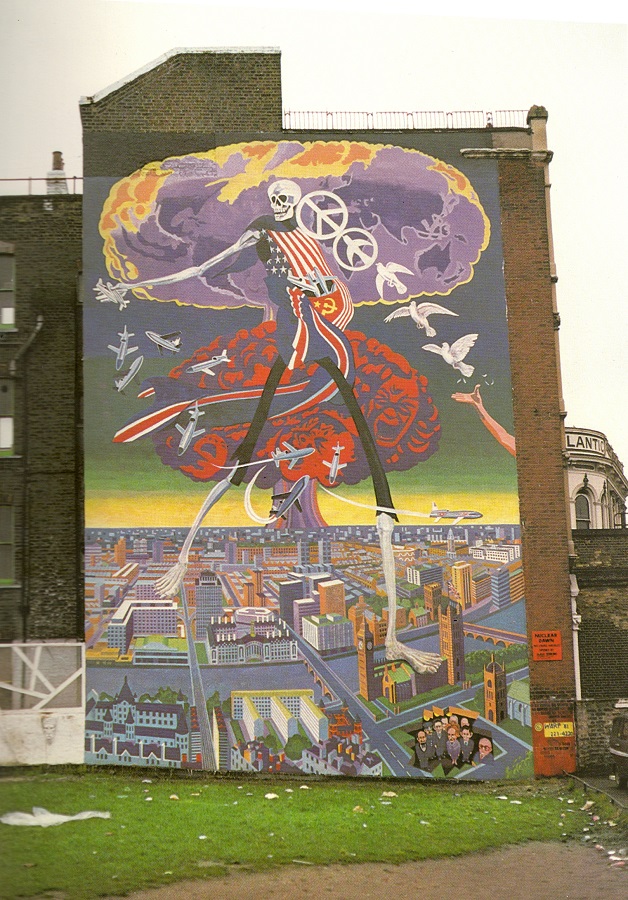
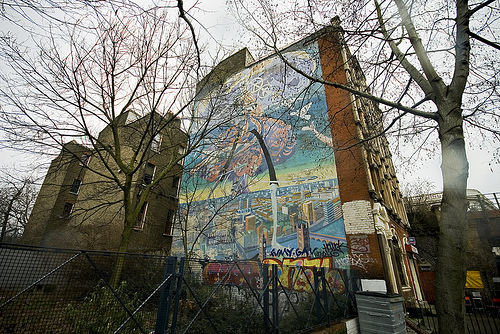
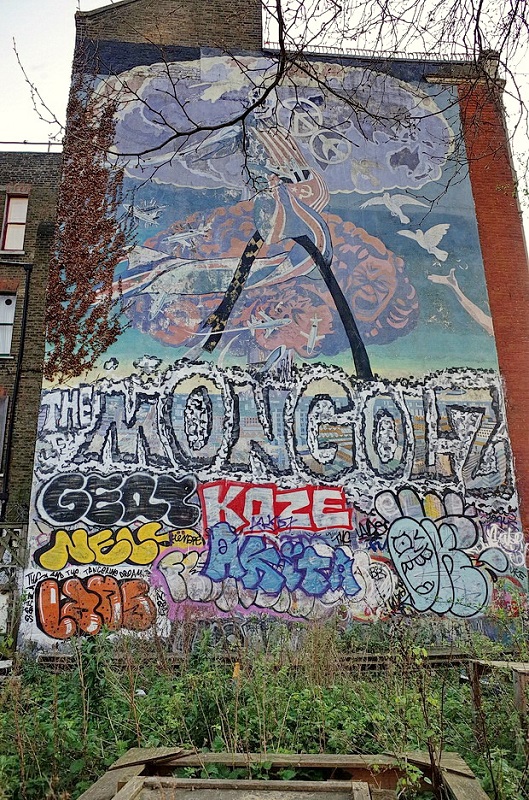
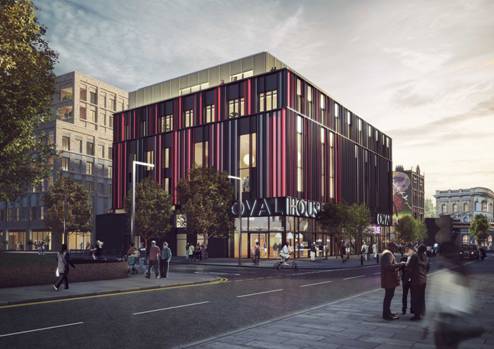
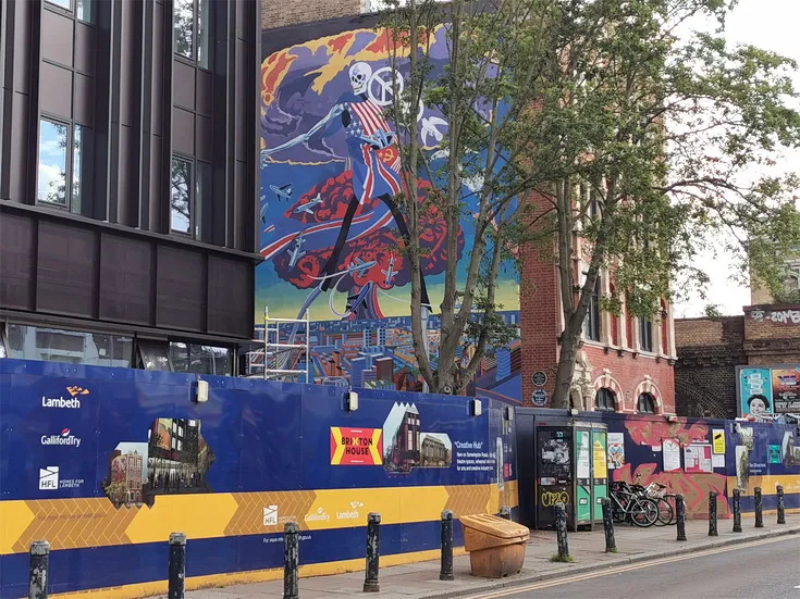
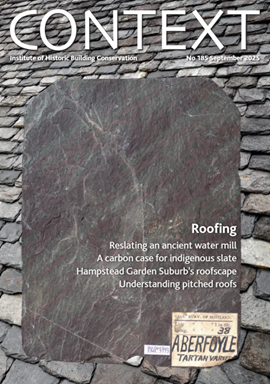

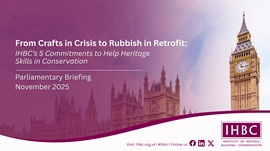







Comments